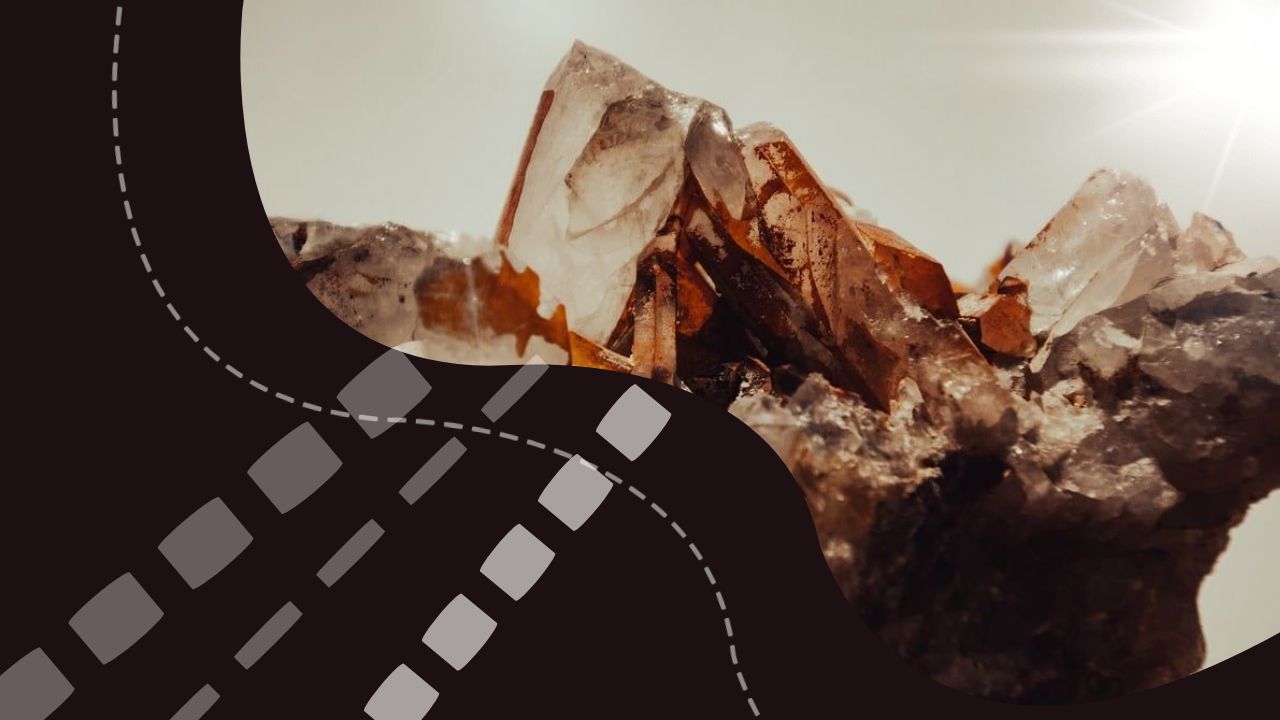BASF and Vulcan Energie Ressourcen GmbH have signed a Memorandum of Understanding (MoU) to explore the use of geothermal energy at BASF’s Ludwigshafen site, aiming to provide CO2-free steam and support energy transformation efforts in the Rhine-Neckar Metropolitan Region. The agreement was signed in the presence of Daniela Schmitt, Rhineland-Palatinate’s Minister of Economic Affairs, Transport, Agriculture, and Viniculture.
The project will tap into deep geothermal energy from the Upper Rhine Graben, which has significant potential for renewable energy. If successful, it could produce up to 300 MW of thermal energy, generating 4 million tons of steam annually and cutting 800,000 tons of CO2 emissions at BASF’s largest site. This renewable heat could also benefit nearby urban centers, such as Ludwigshafen and Frankenthal, for district heating.
Additionally, Vulcan plans to build a lithium extraction plant at Ludwigshafen, leveraging the geothermal brine to produce sustainable lithium-ion batteries for industries like automotive and electronics. The collaboration highlights innovative integration of renewable energy and resource extraction technologies.
“This project showcases the transformative potential of deep geothermal energy for industrial sites, cities, and entire regions,” said Uwe Liebelt, President of European Verbund Sites at BASF. He emphasized the importance of partnerships between the public and private sectors to drive the energy transition. Vulcan’s Thorsten Weimann and Cris Morenoechoed the environmental and economic benefits of combining geothermal energy with lithium production.
Exploratory seismic surveys in the Upper Rhine Graben are set to begin in early 2025, led by Vulcan, to assess geothermal conditions and refine technical plans.

